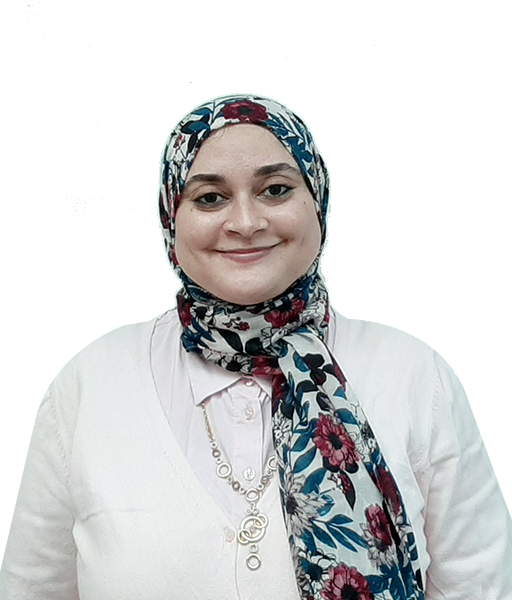Lobna A. Said, a full-time assistant professor in Nanoelectronics Integrated Systems Center (NISC) and Microelectronics System Design Master Program (MSD) at Nile University. She pursued her Ph.D., M.Sc. and B.Sc. degrees in electronics and electrical communications engineering in Cairo University, Giza, Egypt, in 2016, 2011 and 2007, respectively with highest honors. She received the 2016–2018 best thesis award from Cairo for her Ph.D. thesis. Previously, Dr. Lobna was a part-time assistant professor at the German University in Cairo (GUC) in 2016 and a full-time assistant lecturer from 2007 till 2016.
Her teaching philosophy is to make the students discover their inner potentials; encourage them to expand boundaries of knowledge, push them to do research and to always connect the theoretical basis with practical applications. The outcomes of her courses are prototypes and posters. The students are then participating in a mega event which is called the Undergraduate Research Forum (UGRF) which is held in NU. It is the top event in the university calendar where she is the head of its organizing committee.
Her research interests are in: Analog Integrated circuits, Digital Integrated Circuits, Fractional Order Circuits and Systems, Non-linear Analysis and Chaos Theory, Fractional Order Biomedical Applications, Fractional Calculus.
Dr. Lobna published 50+ international papers in the top journals and conferences in the field of fractional-order circuits, Analog electronics, circuits and systems, and Chaos theory. One of the research projects Dr. Lobna is working on with NISC is wireless monitoring of fruit growth using an electrical bio-impedance sensor device, which aims to merge and integrate interdisciplinary concepts from mathematics (fractional-calculus), circuit theory, circuit modelling (Cole-Cole, and Debye), wireless (protocols), statistics (database), and agriculture (fruits and vegetables) in a theoretical and experimental frame-work. The aim is to build up a database for monitoring the growth rate of selected domestic fruits of high industrial value during different life-stages.
Research Tracks:
- Analog integrated Circuits
- Digital integrated Circuits
- Fractional Order Circuits and Systems
- Non-linear Analysis and Chaos Theory
- Fractional Order Biomedical Applications
- Fractional Calculus


